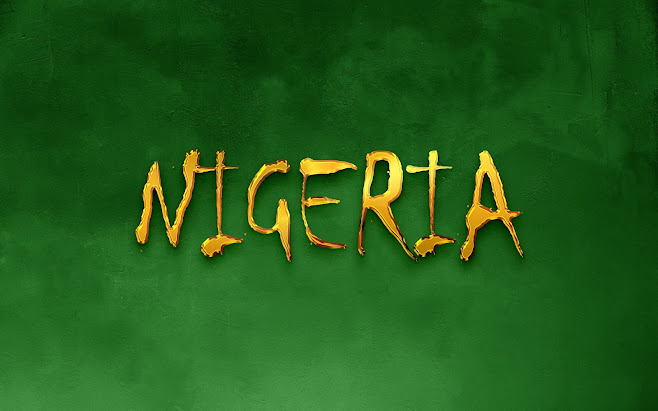The richest country in Africa
Nigeria is usually recognized as the richest country in Africa in the total GDP, which means the total value on its produce.
Here’s a deeper dive into why Nigeria holds this position:
Why Nigeria is the Richest in Terms of GDP:
#1 Oil and Gas Production:
Nigeria is the biggest oil producer in Africa, and constitute one of the 10 largest exporters of oil in the globe.
Oil accounts for approximately 85 per cent of the government income and about a third of the total export income in the country.
Crude oil and natural gas resources, these are predominantly found in the Niger Delta region, play the largest roles in the size of its GDP which is over $500 billion USD.
#2 Large Population:
Nigeria population is 230 million, making it the most populous nation in African continent.
Dominance over home market means that a large population can indeed support domestic demand, spending, let alone growth.
The population makes a huge supply of human resource despite exerting stress to infrastructures and services.
#3 Agriculture:
Nigeria’s populace, the agriculture employs about 70 percent of country’s workforce.
The country is ranking among the top producers of cocoa, groundnuts, cassava and yam in the global market.
At least it can be stated that agriculture is more profitable in domestic context than in the global market comparing it to oil industry while it helps to feed the population and decrease quantity of imported food.
#4 Rapid Growth in Telecom and Tech Sectors:
Based on current trends, Nigeria ranks among the three fastest developing telecommunication markets in that region.
Mobile phones, internet, and the fintech market which consists of flutterwave and Paystack has greatly contributed to the growth of Nigeria economy.
Lagos, the largest city of Nigeria, has also become the center of innovation within the African countries for emerging startups more conversant in financial technology or popularly referred to as fintech and entertainment technology.
#5 Diverse Economy:
However, since the discovery of oil, it is dominating Nigeria’s economy but gradually becoming diversified.
Banking, retails, Telecommunication and Manufacturing (Textile, Cement, Food processing etc.) sectors are also starting to take up roles.
Trade and commerce are influential and the metropolitan areas of the country have develop into commercial centers not only for Nigeria but for most of the West African countries.
Challenges Despite Wealth:
#1 Income Inequality:
However, the countries with the overall most wealth have the highest inequalities in terms of wealth distribution.
Nigeria has a high level of poverty even if more than half of Nigerians is living below the poverty line most of them live in the rural area.
#2 Corruption and Governance Issues:
Problem such as corruption, political instabilities and governance challenges are evident in Nigeria, and these pose a limitation to the growth of its economy and unable to provide the basic amenities to the citizens.
#3 Infrastructure Deficit:
However, the power, transport, health, and education structures in the country have not grown at the same pace with the population, there are thus hurdles that would arrest any probable growth of the country’s economy.
Nigeria boasts the highest total Gross Domestic Product and is the highest in the African continent very much due to its hefty oil reserves, numeric dominance, and steadily rising Tech/Telco sectors.
Nevertheless, such obstacles as poverty, bribery, and insufficient development of transportations indicate that this richness exists unevenly in the people.




Comments
Post a Comment